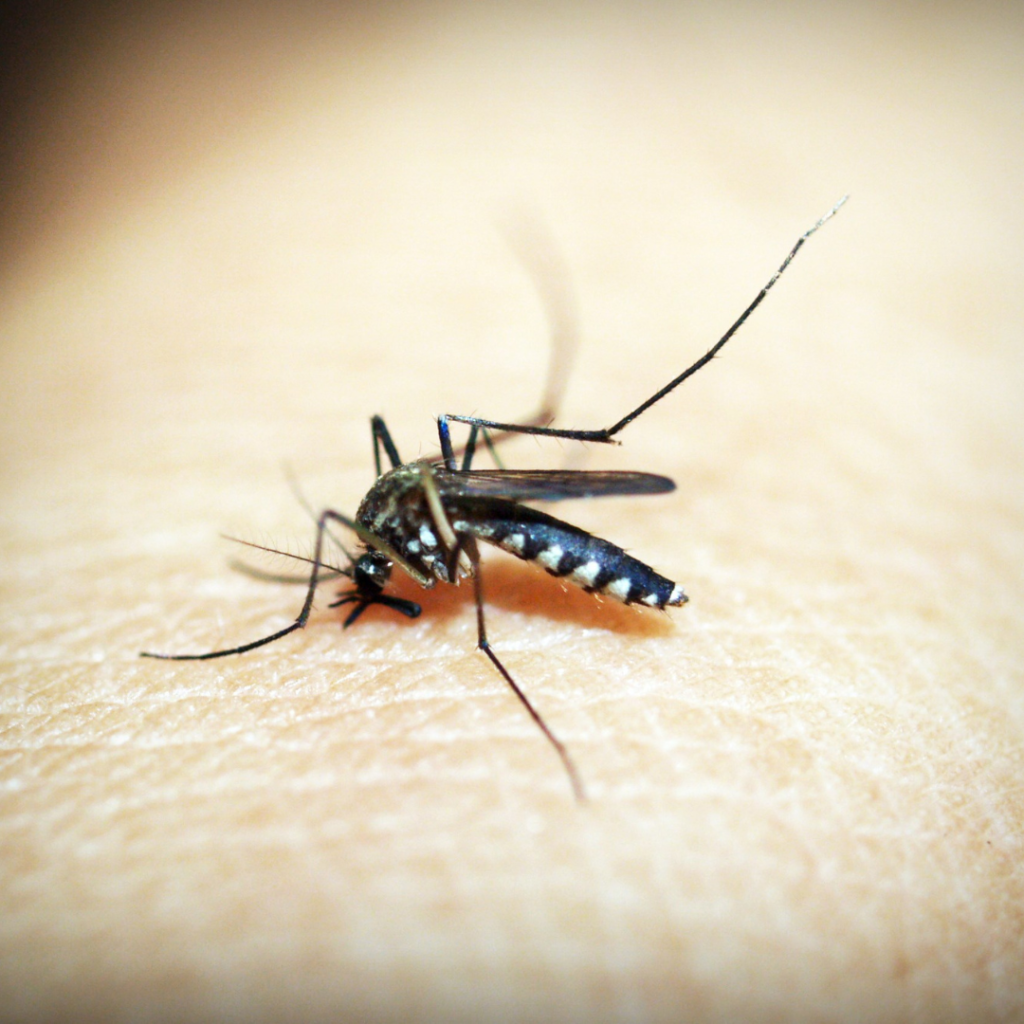A bed bug bite is a skin reaction caused by the bite of a bed bug, a small insect that feeds on human blood.
Bed bug bites typically appear as red, itchy welts on the skin and are commonly found on areas of the body that are exposed during sleep, such as the arms, shoulders, legs, neck, and face. These bites can be uncomfortable and may result in itching, swelling, and redness.

Bed bugs are commonly found in
Bed bugs are commonly found in places where people sleep or spend extended periods, as they feed on human blood.
- Beds: Particularly in and around mattress seams, bed frames, and headboards.
- Furniture: Infested couches, chairs, and upholstery.
- Clothing: Within closets and drawers, especially in cluttered areas.
- Cracks and Crevices: Along baseboards, floorboards, and walls.
- Luggage: Bed bugs can hitch a ride in suitcases and travel bags, spreading to new locations.
Symptoms of Bed Bug Bites
Bed bug bites often manifest as:
- Red, itchy welts: Bed bug bites typically appear as red, raised bumps on the skin that itch intensely.
- Clustered pattern: Bites may be clustered together in groups or lines on exposed skin areas.
- Delayed reaction: Symptoms may not appear immediately and could take a few days to develop after being bitten.

Common Spots for Bed Bug Bites
Bed bugs are nocturnal creatures that feed on human blood, primarily during the night. Common spots where bed bug bites may occur include:
- Arms and shoulders: Often the most exposed areas while sleeping.
- Legs: Particularly around the ankles and lower legs.
- Neck and face: In severe infestations, bed bugs may venture to these areas.
Precautions to Protect Against Bed Bug Bites
- Inspect Your Accommodation: Before settling into a new place, check for signs of bed bugs such as bloodstains, fecal spots, or live bugs in mattress seams and crevices.
- Use Protective Covers: Encase mattresses, box springs, and pillows in bed bug-proof covers to prevent bugs from inhabiting these areas.
- Keep Clutter at Bay: Minimize hiding spots for bed bugs by decluttering living spaces and avoiding hoarding items under or around the bed.
- Laundry Routine: Wash and dry all bedding, clothing, and linens at high temperatures to kill any bed bugs and their eggs.
- Travel Smart: Inspect luggage and hotel rooms when traveling, and keep luggage off the floor and bed to reduce the risk of bringing bed bugs home.

How to Treat Bed Bug Bites
If you suspect you’ve been bitten by bed bugs, consider the following remedies:
- Clean the Area: Wash the bites with soap and water to prevent infection and reduce itching.
- Ice Pack: Applying a cold compress can help alleviate swelling and itching.
- Antihistamines: Over-the-counter antihistamines or corticosteroid creams can relieve itching.
- Consult a Doctor: Severe reactions or signs of infection should be assessed by a healthcare professional.

Here are a few effective remedies for soothing bed bug bite irritation:
- Calamine Lotion: Applying calamine lotion can help reduce itching and soothe the skin.
- Cold Compress: Using a cold compress or ice pack can provide relief from swelling and discomfort.
- Antihistamine Cream: Over-the-counter antihistamine creams can help alleviate itching and inflammation.
- Aloe Vera Gel: Aloe vera has soothing properties that can help reduce redness and irritation.
- Oatmeal Bath: Taking an oatmeal bath can relieve itching and promote healing of the affected skin.
These remedies can provide relief from the symptoms of bed bug bites and promote healing.
Conclusion
Bed bug bites can disrupt your comfort and peace of mind, but with vigilance and preventive measures, you can minimize the risk of infestations.
By recognizing the symptoms, identifying common bite spots, and implementing precautions to protect yourself, you can mitigate the impact of these unwelcome visitors.
Stay informed, stay vigilant, and ensure your sanctuary remains free from these tiny adversaries for a restful night’s sleep.


